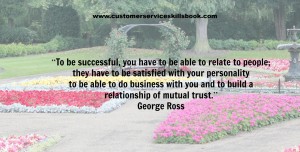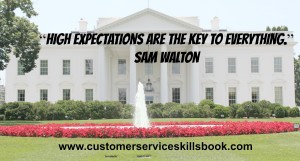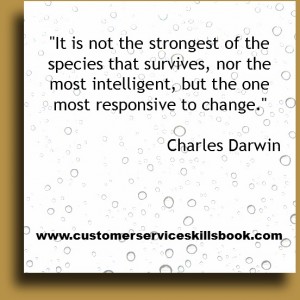The Role of Technology in Customer Service
One thing is sure in today’s global economy; Internet marketing and sales are major components of a global and personal wealth strategy.
Research conducted by McKinsey and Company “…into the Internet economies of the G-8 nations as well as Brazil, China, India, South Korea, and Sweden finds that the web accounts for a significant and growing portion of global GDP. Indeed, if measured as a sector, Internet-related consumption and expenditure are now bigger than agriculture or energy. On average, the Internet contributes 3.4 percent to GDP in the 13 countries covered by the research.”
Further, “The United States is the largest player in the global Internet supply ecosystem, capturing more than 30 percent of global Internet revenues and more than 40 percent of net income.
Source: Internet matters: The Net’s sweeping impact on growth, jobs, and prosperity Internet matters: The Net’s sweeping impact on growth, jobs, and prosperity, Pélissié
du Rausas, M., Manyika, J., Hazan, E., Bughin, J., Chui, M., and Said, R.. McKinsey Global Institute.
About Robert C. Lucas
Bob Lucas has been a trainer, presenter, customer service expert, and adult educator for over four decades. He has written hundreds of articles on training, writing, self-publishing, and workplace learning skills and issues. He is also an award-winning author who has written thirty-seven books on topics such as, writing, relationships, customer service, brain-based learning, and creative training strategies, interpersonal communication, diversity, and supervisory skills. Additionally, he has contributed articles, chapters, and activities to eighteen compilation books. Bob retired from the U.S. Marine Corps in 1991 after twenty-two years of active and reserve service.
Make Money Writing Books: Proven Profit Making Strategies for Authors by Robert W. Lucas at Amazon.com.
The key to successfully making money as an author and/or self-publisher is to brand yourself and your company and to make yourself and your book(s) a household name. Part of this is face-to-face interaction with people at trade shows, library events, book readings, book store signings, blogging or guest blogging on a topic related to their book(s). Another strategy involves writing articles and other materials that show up online and are found when people search for a given topic related to a topic about which the author has written.
If you need help building an author platform, branding yourself and your book(s) or generating recognition for what you do, Make Money Writing Books will help. Bob’s popular book addresses a multitude of ideas and strategies that you can use to help sell more books and create residual and passive income streams. The tips outlined in the book are focused to help authors but apply to virtually any professional trying to increase personal and product recognition and visibility.










